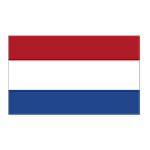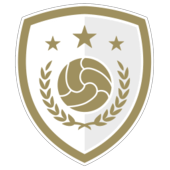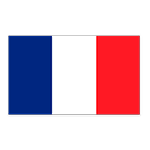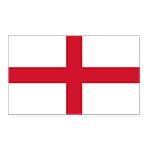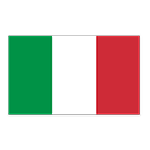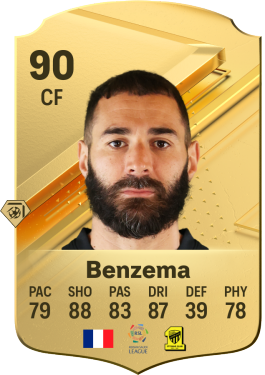Ruud Gullit - A Detailed Overview
Early Life
Ruud Gullit was born as Rudi Dil on September 1, 1962, in Amsterdam, the Netherlands. He grew up in a highly sports-intensive family, as his brother played football at a professional level. Despite the various sports being played in the household, it was football that captured young Gullit's attention and sparked his interest. He quickly showed a natural talent for the sport and started playing for the local team, ASV De Dijk.
Early Career
In 1978, at the age of 16, Gullit made his first professional debut for the local club, HFC Haarlem. He spent four seasons with the team, showcasing his physical prowess and technical skill, quickly attracting attention from larger clubs. His performances led to him signing with Feyenoord in 1982 where he continued to flourish as a player. Gullit's capabilities as a versatile midfielder and forward allowed him to score goals with ease and provide strong defensive contributions.
Time at Feyenoord and PSV
Gullit played at Feyenoord from 1982 to 1985, during which he helped the team win the Dutch Cup in his first season. His solid performances earned him the Dutch Footballer of the Year award in 1984. Subsequently, Gullit moved to PSV Eindhoven, where he continued to impress. His hard work brought the club two Eredivisie titles, and he was again crowned Dutch Footballer of the Year in 1986, demonstrating his clear impact as a player.
Move to AC Milan
In 1987, Italian giants AC Milan signed Gullit for a then-world record transfer fee. It was here where Gullit established himself as one of the world's best, playing alongside other greats like Marco van Basten and Frank Rijkaard. Known as one of the club's 'Dutch Trio,' Gullit helped Milan dominate both domestic and European football. His first season saw Milan win their first Scudetto in nine years, with Gullit playing a vital role.
Success with AC Milan
Gullit's time at AC Milan was marked by unprecedented success. He played crucial roles in Milan's back-to-back European Cup victories in 1989 and 1990, scoring twice in the 1989 final. His unique style of play, combining physicality with exceptional technical skills, made him an integral part of the squad. He won the prestigious Ballon d’Or in 1987, further highlighting his influence and standing in the sport.
Later Career and Managerial Roles
In 1993, Gullit left AC Milan for Sampdoria and won the Italian Cup in his debut season. Later, he had a spell at Chelsea, where he also had a player-manager role. Here, Gullit marked a successful managerial debut, winning the FA Cup in 1997. However, he was unable to achieve long-term success as a manager, with brief and less successful periods at Newcastle United, Feyenoord and LA Galaxy.
International Career
Gullit made his debut for the Dutch national team in 1981, and went on to represent the Netherlands 66 times, scoring 17 goals. The high point of his international career came in 1988 when he captained the Netherlands to their first and only major international title, the UEFA European Championship. In the final, Gullit scored a memorable header, sealing his status as a Dutch footballing hero.
Legacy
Ruud Gullit is widely recognised as one of the greatest players in football history and left an indelible mark on the game. His unique versatility allowed him to play in multiple positions, earning him the nickname 'the Dutch Master' of Total Football. Gullit was instrumental in bringing Dutch football to the forefront of the global stage and setting the precedent for future generations of players. His smooth transition into the English game as a player and manager helped open doors for foreign players and managers in the Premier League.

